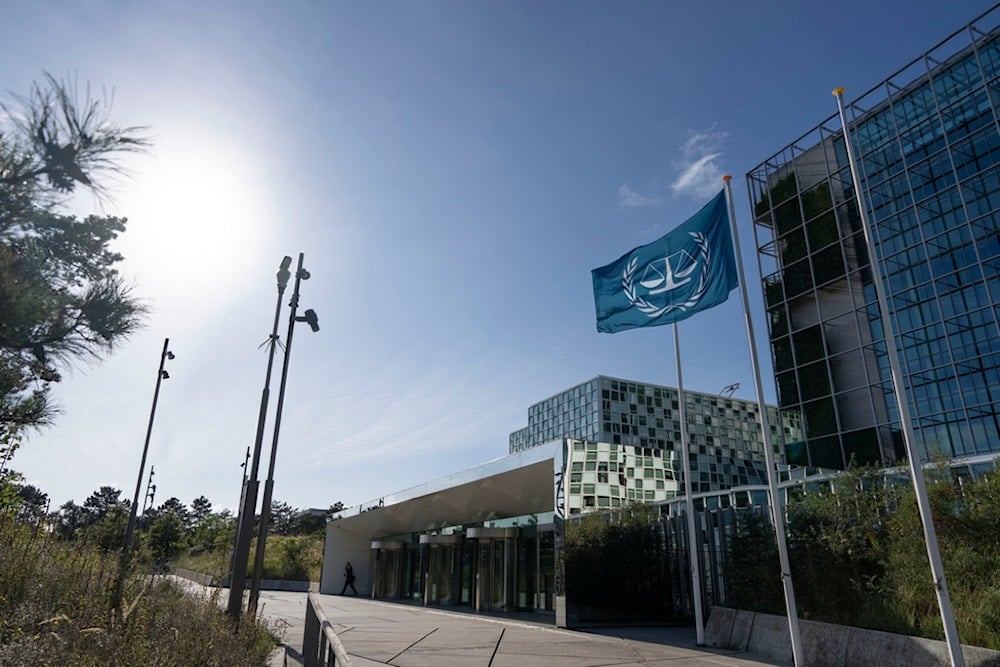ICC braces for US sanctions over arrest warrants for 'Israel' leaders
To shield its employees from the potential fallout, the ICC has reportedly paid staff salaries three months in advance, two anonymous sources told Reuters.
-

View of the ICC, the International Criminal Court, in The Hague, Netherlands, Monday, Sept. 16, 2024. (AP Photo/Peter Dejong, File)
The International Criminal Court (ICC) is taking proactive measures to protect its staff and operations in anticipation of potential US sanctions, Reuters reports.
This development comes after the US House of Representatives passed a bill aimed at punishing the court for issuing arrest warrants for Israeli Prime Minister Benjamin Netanyahu and his former security minister for war crimes in Gaza.
To shield its employees from the potential fallout, the ICC has reportedly paid staff salaries three months in advance, two anonymous sources told Reuters.
These financial preparations are part of broader efforts to mitigate the effects of restrictions that could severely disrupt the tribunal's activities.
The proposed US legislation would impose sanctions on any foreign individuals involved in investigating, arresting, detaining, or prosecuting US citizens or nationals of allied non-member countries, including "Israel".
Although the full extent of the sanctions remains unclear, the ICC is bracing for significant financial and operational challenges.
One source indicated that the court is backing up evidence out of concern that US-based companies, such as Microsoft, may be forced to cut ties with the tribunal.
Read more: Leaked files reveal Microsoft's role in 'Israel's' military operations
The ICC declined to comment on the specific measures taken, stating in an email to Reuters that it does not discuss internal protective actions.
Sanctions Loom
The bill, sponsored by US lawmakers, is expected to move to a vote soon. However, Congressional schedules have been focused on confirming officials for President Donald Trump's administration.
This marks the second instance of US retaliation against the ICC. In 2020, during Trump's first term, Washington sanctioned then-Prosecutor Fatou Bensouda and an aide over the court's investigation into war crimes by American forces in Afghanistan.
The sanctions, if enacted, could severely limit the ICC's ability to conduct financial transactions, especially with banks tied to the US or handling dollar-based transactions.
Such restrictions would pose a critical challenge to the 125-member tribunal, which prosecutes individuals for crimes like genocide, war crimes, and crimes against humanity.
Read more: ICC needs to be protected from US sanctions, EU plays vital role: HRW
In December, ICC President Judge Tomoko Akane warned that sanctions could "rapidly undermine the Court's operations in all situations and cases, and jeopardise its very existence."

 3 Min Read
3 Min Read








